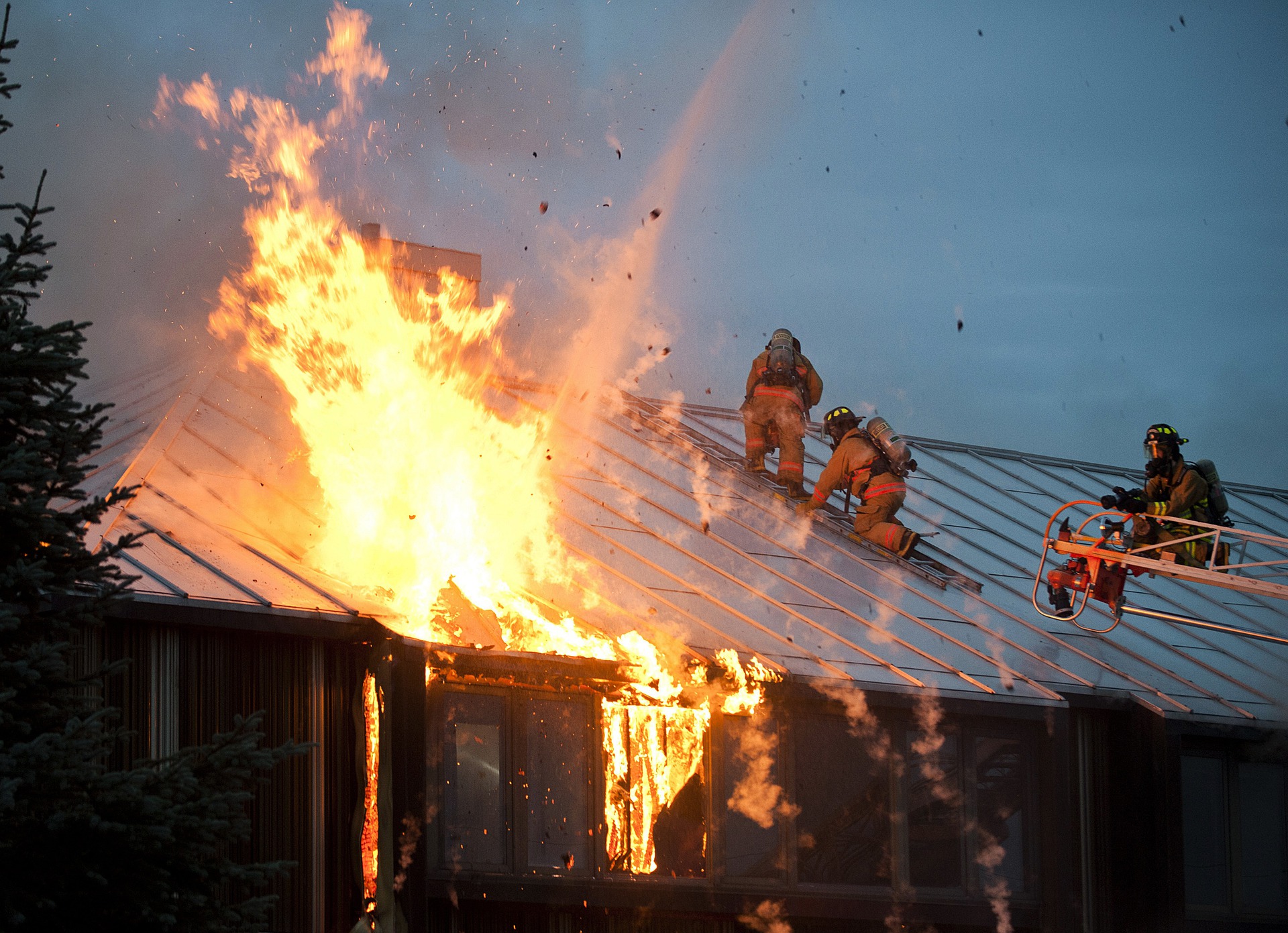There are approximately 51,000 residential fires annually in the United States, making them a lot more common than people realize. Unfortunately, most homeowners assume their home is safe and don’t spend much time worrying about a fire. But fires that originate from your electrical system can happen in an instant. The best way to protect your home and family is to understand how an electrical fire can occur and what you can do to prevent them.
How do electrical fires originate? Let’s look at the most common causes of these types of fires.
Outdated Electrical Wiring: Many homes in the Sarasota area were built in the 60s and 70s, but any home built more than 20 years ago is in danger of having worn-out wiring. Sadly, outdated wiring is one of the primary causes of electrical house fires. Technology and appliances have changed dramatically in the last several decades, and the older electrical systems can’t handle the increased load of multiple computers, smart TVs, and major appliances. Homeowners may notice more frequent circuit breaker overloads or power outages. If you are not aware of how old your home’s wiring is, call a qualified professional electrician to perform an inspection and replace outdated, inadequate, or damaged wiring.
Defective Electrical Outlets: The majority of electrical fires start in outlets, one of the most overlooked aspects of electrical systems. Ungrounded outlets are more apt to form an electrical arc, create sparks, or ignite. Even properly grounded outlets can cause a fire if the wiring behind them becomes loose or damaged. GFCI outlets will trip the circuit in the event of a short circuit, helping to avoid a fire. Homeowners should inspect their outlets regularly, keeping an eye out for any indication of wear. This may include black smudges or soot around the sockets or loose wires. As we recommended above, calling a professional electrician is the best way to diagnose and repair any serious electrical issues – or in this case, to install new outlets.
Overloaded Electrical Circuits: With such an increase in personal devices over the last several years, it is not uncommon for a single power source to become overloaded with cords. But this is more dangerous than most homeowners realize. Always avoid using a single extension cord to plug in multiple appliances and electronics simultaneously, as overloading the circuit could result in a fire. Instead of using multiple extension cords, use multiple outlets and a dedicated circuit. If you don’t have a sufficient number of outlets or dedicated circuits installed, hire an electrician.
Outdated Appliances: People love retro items in their homes, but older appliances are probably no longer safe to use. They are not up to contemporary standards, especially in safety checks and regulations. Not to mention, old or outdated appliances are more apt to have damaged cords or loose wiring from decades of use. If you have older appliances, regularly check for any signs of electrical damage. Be alert to any strange noises or burning smells, and replace appliances as needed.
Light Bulbs and Fixtures: Light bulbs are not one size fits all and don’t work with every light fixture. Using a high-wattage bulb in an incompatible fixture is a frequent cause of electrical fires. Be sure to check the wattage before installing new light bulbs. If you notice that the fixture is generating too much heat when in use, it needs to be replaced.
Further Tips to Avoid an Electrical Fire
Even if you are vigilant, an electrical fire is always a possibility. Here are some tips from professional electricians to keep you safe:
- Have a professional inspect your electrical system to ensure it is up to code and has no safety concerns. You may need to install a new electrical panels or replace outlets and wiring.
- Do not utilize any electronics with broken, crimped or frayed wires, as they can ignite suddenly.
- Make sure your home has an adequate amount of working smoke detectors, and test them frequently.
- Have several fire extinguishers in your home. Opt for a model with a Class C or ABC rating. It is important to note that water will not work toextinguish an electrical fire – and it could make the situation worse.
-
At Promise Electric, we are committed to keeping your family safe. If you have any concerns about your home’s electrical system, call us today for an inspection.



